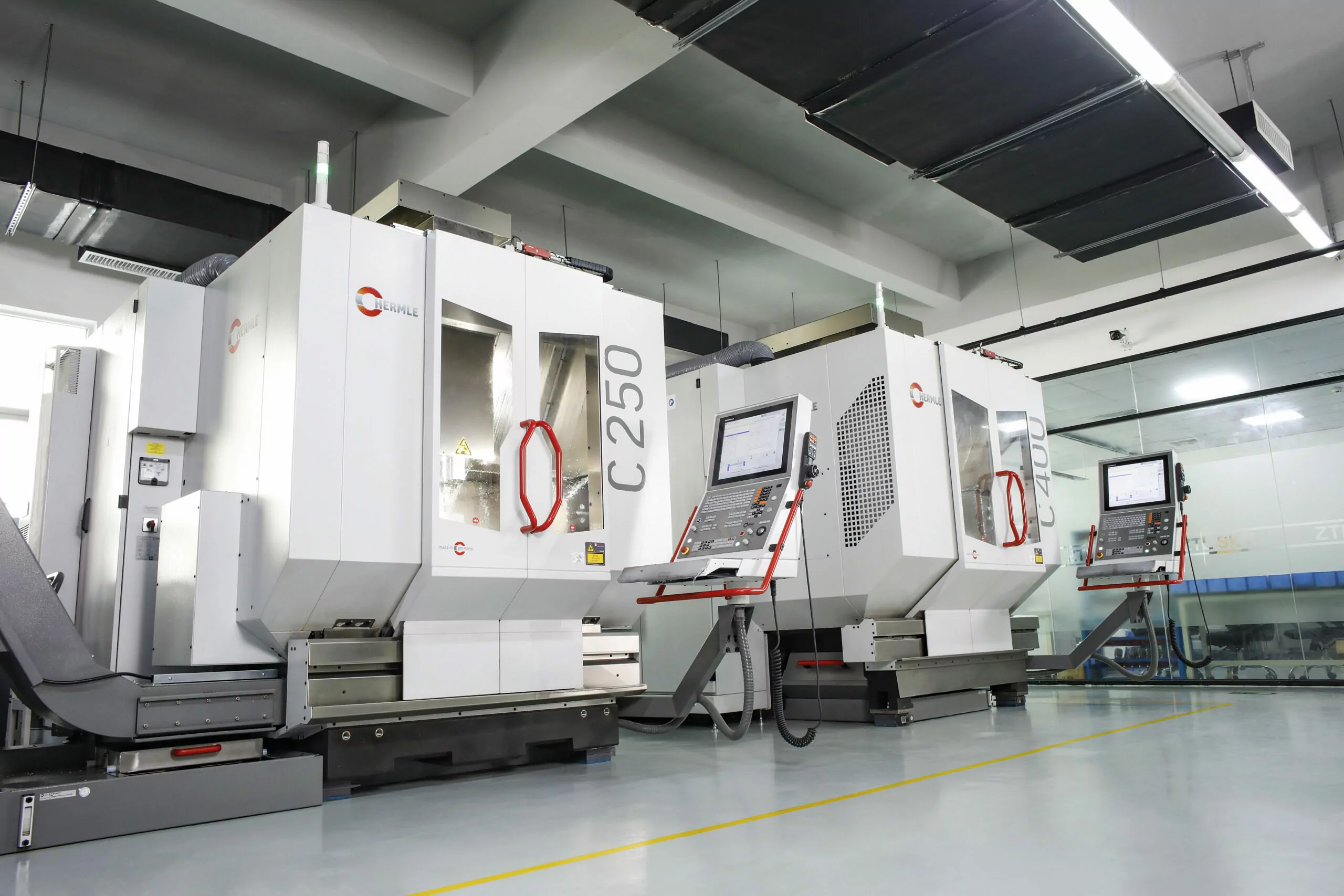Transforming Industries through Technology: Digitalization in Die Casting Company Operations
Body
In today's rapidly evolving industrial landscape, the integration of digital technologies has become a pivotal factor in enhancing operational efficiency and driving growth. Die casting companies, in particular, have embraced the concept of digitalization to revolutionize their manufacturing processes and stay ahead in the competitive market.

The Impact of Digitalization on Die Casting Operations
The implementation of digitalization in die casting operations has brought about a paradigm shift in the way these companies function. By leveraging advanced technologies such as IoT (Internet of Things), AI (Artificial Intelligence), and data analytics, die casting companies can now monitor and optimize their production processes in real-time. This level of connectivity and automation has significantly improved productivity, reduced downtime, and minimized the occurrence of defects in the final products.
Enhancing Quality and Precision through Digitalization
One of the key advantages of digitalization in die casting operations is the ability to achieve unparalleled levels of quality and precision. Through the use of advanced simulation software and predictive analytics, die casting companies can simulate and analyze the entire production cycle, identifying potential issues and optimizing the process parameters to ensure the highest quality of output. This level of precision has not only elevated the standard of die-cast components but has also enabled companies to meet the stringent requirements of various industries such as automotive, aerospace, and electronics.
Streamlining Supply Chain Management
Another significant aspect of digitalization in die casting company operations is the transformation of supply chain management. By integrating digital platforms and tools, die casting companies can now seamlessly collaborate with suppliers, monitor inventory levels, and streamline the procurement process. This level of transparency and efficiency in the supply chain has not only reduced lead times but has also minimized the risk of disruptions, ultimately leading to cost savings and improved customer satisfaction.
The Future of Digitalization in Die Casting
As we look towards the future, the potential for digitalization in die casting company operations is boundless. With the emergence of technologies such as 3D printing, advanced robotics, and machine learning, die casting companies are poised to further enhance their capabilities and expand their offerings. The integration of these technologies will not only enable die casting companies to produce more complex and lightweight components but will also open doors to new opportunities in the realm of customization and personalization.
In conclusion, the digitalization of die casting company operations has ushered in a new era of efficiency, quality, and innovation. By embracing the transformative power of digital technologies, die casting companies are not only revolutionizing their own operations but are also contributing to the advancement of industries across the globe.









Comments